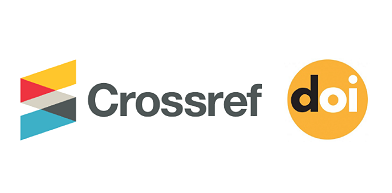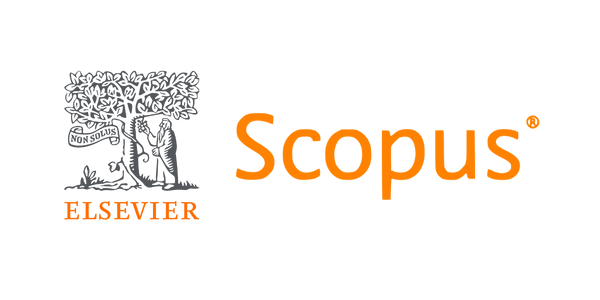Attitude and knowledge of pregnant women attending antenatal clinic at St. Luke's Hospital, Anua in Uyo, Nigeria towards congenital anomalies
DOI:
https://doi.org/10.61386/imj.v6i2.109Keywords:
congenital anomaly(birth defect), women, antenatal clinic, attitude, knowledge, public enlightenmentAbstract
Context: The birth of a congenitally abnormal child is an event that affects all the family members, and both their internal and external relationships.
Objective: To know the attitude and knowledge of women visiting an antenatal clinic in Uyo, Nigeria on congenital anomaly.
Study Design: This study was a descriptive cross-sectional study using structured questionnaire with a sample population consisting of 600 pregnant women attending antenatal clinic at St Luke's Hospital, Anua in Uyo, Nigeria.
Results: The attitude of respondents towards children with birth defect was that of pity, 286 (47.7%); resentment, 28(4.7%); and wanting to help, 243 (40.5%). The attitude of respondents in helping their children with birth defect was mostly to seek medical help, 505 (86.6%); 76 (13.0%) would seek spiritual help, while 2 (0.4%) would abandon the child. In addition to this 513 (87.7%) will feel bad if they had a child with birth defect. Their knowledge of the causes of congenital anomally was good: maternal intake of non prescribed drugs, maternal intake of herbal medication, maternal infection during pregnancy, failed attempted abortion (ranging from 59.2% to 81.2%); except for that of environmental pollution/radiation (48.8%), which was poor and spiritual attack (56.7%), which was wrong. Most respondents, 531 (88.5%) believed that congenital anomally is a big burden to parents
Conclusion: More public enlightenment was advocated to help parents prevent/cope better with the consequences of having children with congenital anomalies, as proper understanding of parent's attitude is necessary for the success of treatment and proper rehabilitation.
Published
Issue
Section
License
Copyright (c) 2013 Peter AI, Ekong MB, Ekanem TB, Umoh IU, Edagha IA, Davies KG, mbadugha CC

This work is licensed under a Creative Commons Attribution 4.0 International License.










